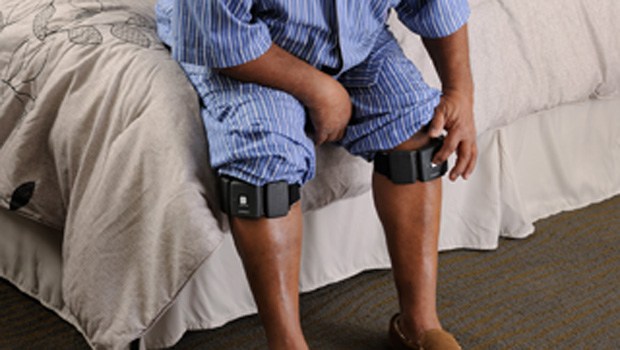Texting to Improve Diabetes Self-Care

There has been a lot of discussion recently about the growing economic disparity between the wealthy and the disadvantaged. That gap in wealth is mirrored by a growing gap in health outcomes, as well. Researchers are trying to find new and cost-effective ways to provide effective health care in underserved communities.
An upcoming study will test the use of text messaging and diabetes health coaches as tools to improve diabetes self-care for African Americans in South Memphis. The 12-month Patient-Centered Outcomes Research Institute (PCORI) study will serve 330 African American adults between the ages of 35 and 75 who have uncontrolled diabetes. Participants will either be connected to a health coach or sent encouraging text messages on how to improve diabetes treatment. The goal is to see how both methods can empower people with diabetes to improve their health, according to Dr. James Bailey, the study’s lead researcher.
“Numerous studies have indicated that when patients are involved in decision-making concerning their own care, empowered to find creative solutions to meet their goals, and assisted with self-identified barriers to self-care, patient outcomes and quality of life improve,” said Dr. Bailey in an email interview.
According to Dr. Bailey, African Americans experience seven times as many amputations from uncontrolled diabetes as whites. Roughly 1 in 2 African Americans with diabetes have an A1C score of 8 or higher.
Researchers hope to evaluate the effectiveness of text messaging as a motivational treatment option. Past studies have proven that health coaching is an effective treatment option, but it is also expensive. Patients who have poor self-treatment skills will be less likely to take the necessary steps to see traditional health coaches. Text messaging counseling has the potential to bring the individualized motivational counseling of a health coach directly to the patient. Time will tell if it will be as effective as face-to-face coaching.
This is not the first study to test the effectiveness of text messaging. A recent study in Denver found that text messaging helped Mexican American women with prediabetes to lose 2.6 pounds, according to a Healio report. While that weight loss is modest, it was two pounds more than the control group lost in the study.




